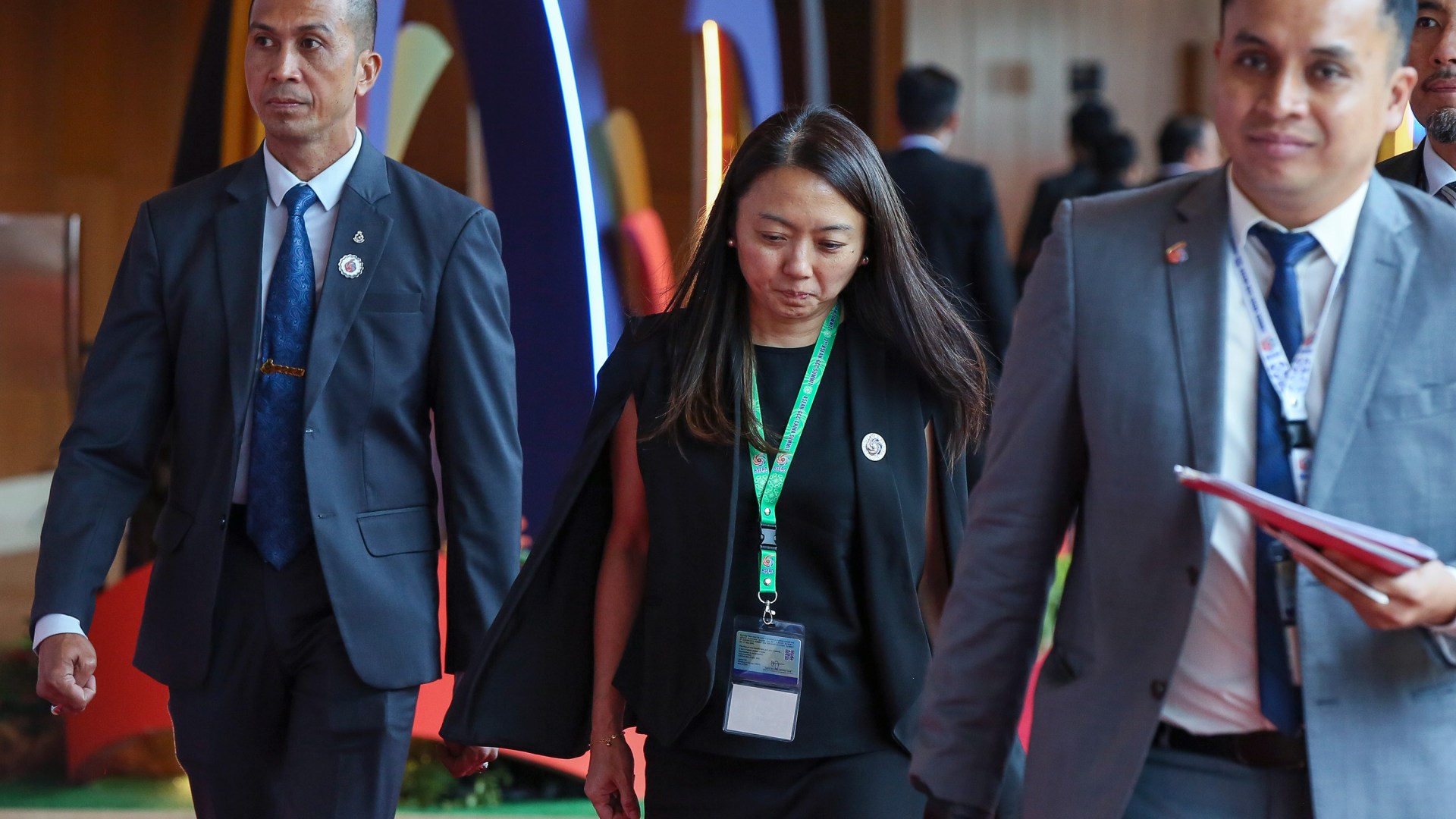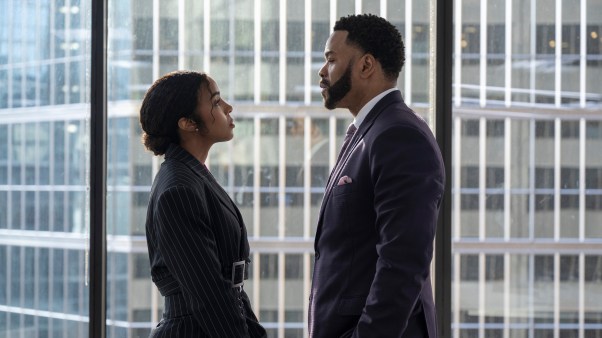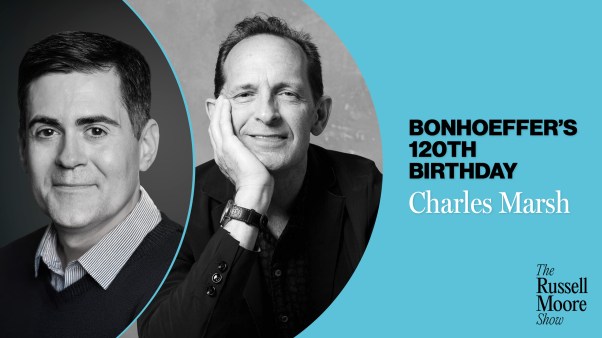Malaysia cabinet minister Hannah Yeoh won a defamation case in late May against university lecturer Kamarul Zaman Yusoff, who accused her of using her memoir to turn Malaysia into a Christian nation.
The long-running suit, which Yeoh filed in 2022, centers on two of Kamarul’s Facebook posts from May 2017 that suggested she was “pushing a Christian agenda” through her political position. One of the posts specified Yeoh’s autobiography, in which she wrote about her faith journey and why she decided to run for office.
High Court judge Aliza Sulaiman ruled both posts defamatory and said they portrayed Yeoh as a threat to Islam, the predominant religion in Malaysia.
“In a multiracial and multireligious country where the issue of religion is, of course, very sensitive, [Kamarul’s] accusations can expose someone to hatred, ridicule and contempt,” Aliza said in her verdict on May 30.
The court ordered Kamarul, a political scientist at the Universiti Utara Malaysia, to pay RM400,000 ($95,000 USD) in damages to Yeoh. He plans to file an appeal against the decision.
The High Court’s ruling “finally vindicates me of these false allegations said about my book and my faith that I had endured for years,” Yeoh told CT in a text message.
“I trust fully in the Lord with the outcome. … Justice has truly been served.”
Christian scholars in Malaysia lauded Yeoh’s victory in the defamation suit even as the space for expressing non-Muslim viewpoints shrinks.
Yeoh, who was trained as a lawyer, entered politics in 2008 and is now Malaysia’s minister of youth and sports. As the rare Christian female politician in a nation where about 64 percent of the population is Muslim, the 46-year-old is no stranger to attacks.
At the center of the controversy is her 2014 book, Becoming Hannah: A Personal Journey. In it, Yeoh shares how her faith shaped her foray into politics—an about-face from her earlier desire to stay in Australia after her studies to practice law. Her Christian identity permeates the book, which quotes heavily from Scripture and details prophecies.
While testifying in November, Yeoh explained her reasons for writing the book. “Ever since I became a politician … a lot of churches don’t want to be associated with politicians,” she said. “In answering the call to serve my country via politics, I did not want to be a preacher anymore. But, many people wanted to hear my story on coming into a dark space to fight corruption [via politics].”
In January, a Kuala Lumpur police chief said 182 police reports had been lodged against Yeoh over her book, claiming it sought to “spread Christianity” and turn Malaysia into a Christian country. Several Muslim organizations had also called for the Ministry of Home Affairs to ban her book.
Last December, the High Court dismissed a separate defamation suit filed by Yeoh against former inspector general of police Tan Sri Musa Hassan over similar comments he made at a talk at Universiti Teknologi Mara. Yeoh claimed that he had accused her not only of using her book as a tool of evangelism but also of having connections with Christians and Jews who seek to undermine Islam and Malaysia.
A member of Malaysia’s Democratic Action Party (DAP), she first won a seat in Parliament representing her hometown of Subang Jaya at the age of 29. Some of the electorate derided her young age and inexperience and began calling for her to step down during her first term, she told the Singaporean Christian publication Salt&Light.
Yeoh admitted that at the time, she entertained the thought of quitting.
“Sometimes after obeying and saying ‘yes’ to God, there’s still the work to be done,” she told Salt&Light. “And the work is tough. Many times, I felt like giving up and even threatened God, saying: ‘I don’t want to do this anymore.’”
A pastor encouraged her to muster faith for the long haul, pointing her to how Jesus bore the cross for our sins even though many, including those closest to him, rejected him.
Five years later, Yeoh became speaker for Selangor State Legislative Assembly, making her the country’s first female speaker and the youngest to take on the role.
In 2018, Yeoh became deputy minister of women, family, and community development after the long-ruling Barisan Nasional coalition handed the reins of power to Pakatan Harapan, a coalition the DAP was part of. During this stint, she championed policies to end domestic violence, abandonment of babies, and child marriages.
At the time of writing, Malaysia still allows girls below the age of 18 to get married if permitted by the sharia court.
In 2022, Yeoh was appointed minister of youth and sports, where she has made it her mission to help Malaysia obtain its first Olympic gold medal.
Despite the challenges, Yeoh noted that it is important for Christians to participate in politics.
“If we stayed away, people will not see God,” she said in the Salt&Light interview. “I think the greatest mistake is to believe the Enemy when he says the church should never be involved in politics. It is not a defiled and dirty place where we can’t be a light. In fact, the darker the place, the easier it is for you to shine.”
Although the decision in Yeoh’s case makes it clear that unproven allegations about religious minorities will not be accepted in the court of law, the court of public opinion may hold a different view, said Malaysian human rights lawyer Andrew Khoo.
“As Kamarul Zaman himself is reported to have said, he saw it as his duty as a lecturer and a Muslim to inform the public of the book’s contents for fear that Christianity may influence them,” Khoo said. “This feeds into the contemporary narrative that Christianity is lurking in the shadows … taking every opportunity to sow the seeds of religious confusion.”
Even though religious freedom is a constitutional right in Malaysia, Islam is often seen as “the religion of the federation, while the others do not matter,” said Chris Chong, who teaches political science at Universiti Tunku Abdul Rahman in Petaling Jaya.
The constitution restricts the proselytizing of Muslims and prohibits ethnic Malays from converting to other faiths.
Both Chong and Khoo feel the space for interfaith dialogue and for the sharing of non-Islamic views has shrunk over the years.
“Such discourse is now often restricted to select groups and only in closed-door situations for fear of ‘confusing’ the public,” Khoo said. “Tolerance and sufferance [have] taken the place of acceptance, and religious diversity has increasingly been viewed as a threat to the majority religion.”













